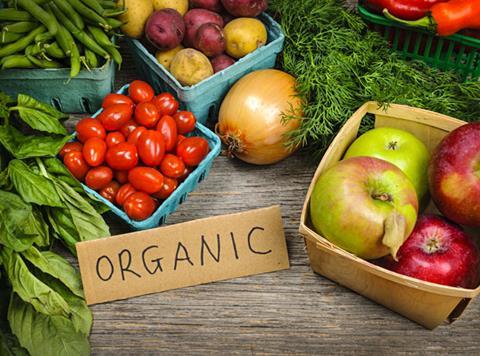
The UK’s organic market returned to growth in 2013 after four years of falling sales, the Soil Association’s latest annual report has revealed.
Total sales of organic products in the UK increased by 2.8% compared with 2012, to £1.79bn.
The UK organic trade has been talking for months about a return to growth for the market, but the Soil Association report today confirms the trend was sustained throughout 2013.
Organic sales had been boosted by a particularly strong performance from independent retailers, the report said, while supermarkets increased their sales by 1.2% year on year, to £1.28bn - the first increase for the mults since 2009.
“Common factors in the success of Sainsbury’s, Waitrose and Ocado include a strong online presence, extensive organic ranges and a strong commitment to new product development and marketing”
Soil Association
The Soil Association said Ocado and Waitrose had done especially well, with organic sales through Ocado up by 10.4% year on year, and Waitrose organic sales up by 6.5%. Ocado now stocked 2,500 organic lines, with blueberries, bananas, apples, carrots, milk and chicken among the most popular, it added.
Meanwhile, Waitrose “gained customers from Tesco and Sainsbury’s during the horsemeat controversy, which led to a sustained uplift in its organic sales”, the association said in its report. Tesco was at the centre of the scandal in early 2013, after some of its frozen meat products tested positive for horse DNA, but none of Sainsbury’s products tested positive for horse.
Sainsbury’s remained the UK’s leading organic retailer and managed to increase sales of its own-label organic lines by 7% in 2013, the Soil Association said. Sainsbury’s, Ocado and Waitrose also all predicted organic sales would increase further in 2014, it added.
“Common factors in the success of Sainsbury’s, Waitrose and Ocado include a strong online presence, extensive organic ranges and a strong commitment to new product development and marketing,” it said. “Their rivals risk losing further market share if they do not respond.”
The most popular organic brand in supermarkets is Yeo Valley, followed by Green & Blacks, Rachel’s, Kallo and Whole Earth, according to the report. In indies, Biona is the most popular brand, followed by Infinity, Doves Farm, Meridian and Clipper.
Declining farmer numbers
Although sales of organic products had recovered in 2013, the amount of land used for organic farming and the number of organic farmers were declining, the Soil Association said. Organic land area across the UK was down 7.6% year on year in July 2013, with the biggest drop - 16.7% - seen in Northern Ireland. And organic producer numbers were down by 6.3% to 6,487 at the end of 2012, the most recently available data period.
“The feel-good factor associated with the organic market’s return to growth has been slow to transfer to some organic farmers, and 2013 was a challenging year for many,” the Soil Association said, citing difficult weather conditions, forage shortages and damaged grassland as key factors.
A survey of farmers conducted in the autumn of 2013 had also suggested that “although there is a core of farmers who are committed to organic production for the long term in principle, and more producers than not who envisage expanding production in the next two years, many question whether farmgate prices are good enough for their businesses to remain viable.”
If organic production failed to keep pace with consumer demand, the UK would increasingly have to rely on imported organic products, the Soil Association warned, adding arable, poultry, eggs, lamb and fish were the sectors most at risk.







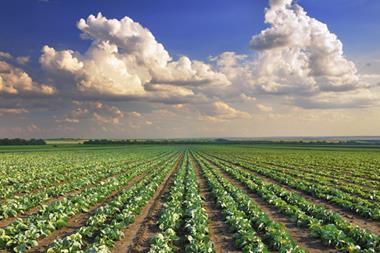
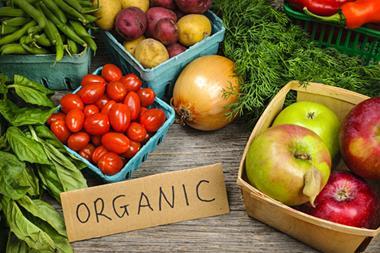
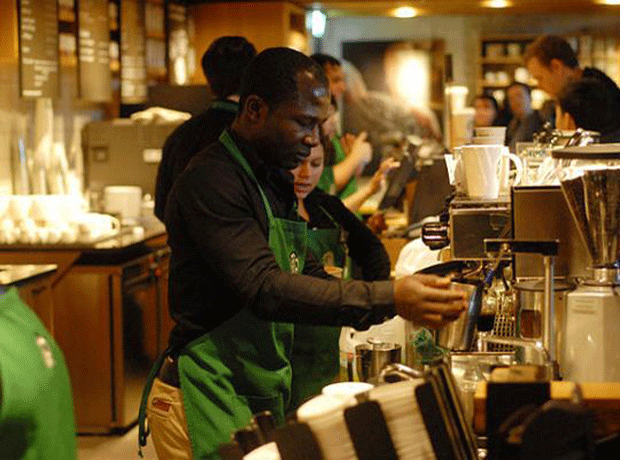
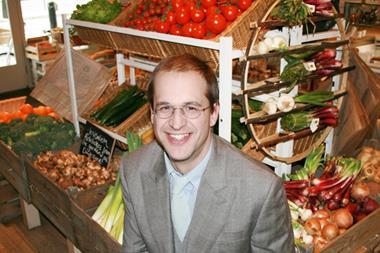
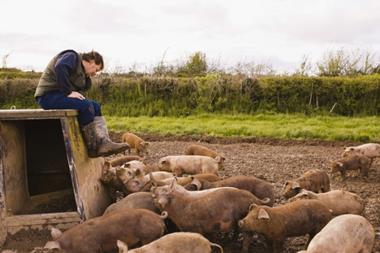


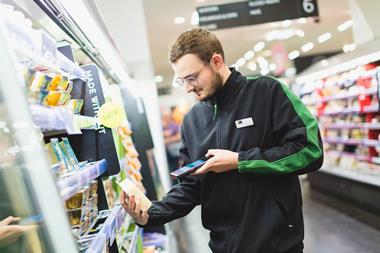


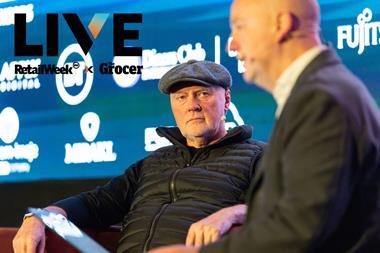
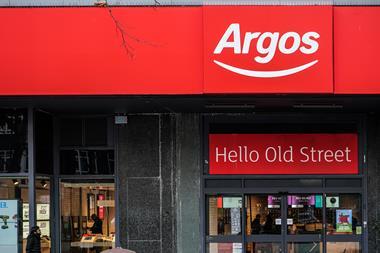
No comments yet